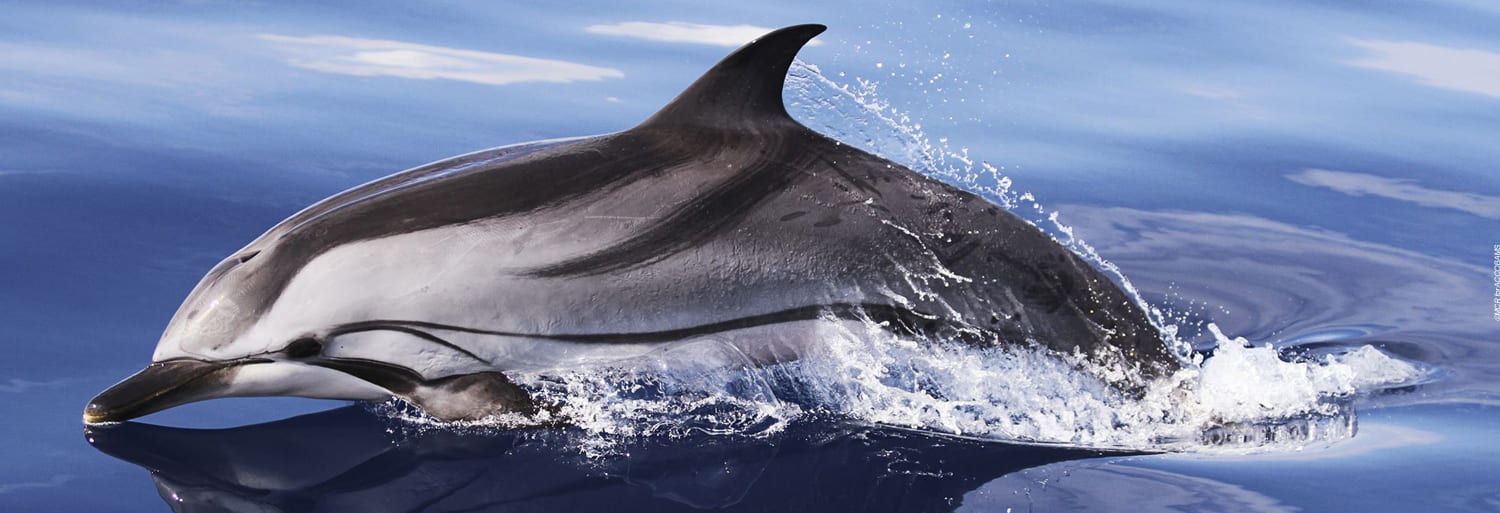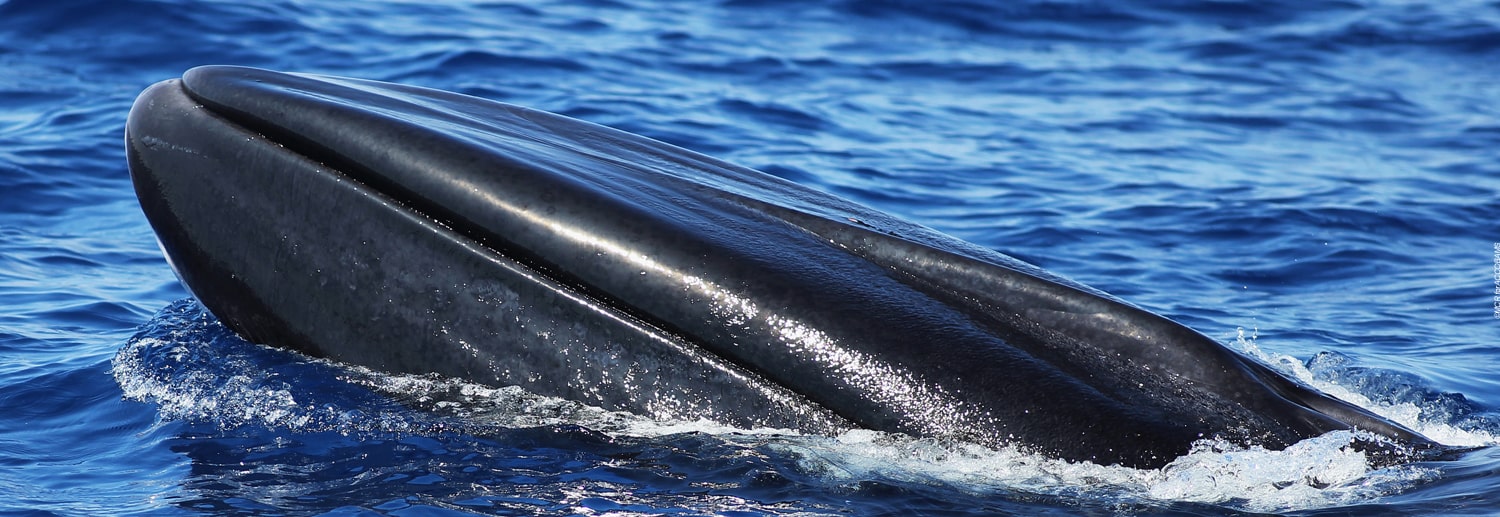Vessel strikes
The issue of ship strikes, particularly of large whales such as fin and sperm whales, remains of concern within the ACCOBAMS region. These concerns span the issues of conservation, animal welfare and human safety. It noted the present effective collaborative work with the IWC Scientific and Conservation Committees on this issue and recommended that this continues, along with collaboration with CMS and ASCOBANS and other International Organizations.
In addition to the work identified at the 2010 Joint IWC-ACCOBAMS workshop that is still ongoing, the Scientific Committee also reviewed the relevant recommendations of the 2014 report of the joint IWC-SPAW workshop to address collisions between marine mammals and ships with a focus on the wider Caribbean, which was attended by two of its members. The Scientific Committee of ACCOBAMS endorsed the conclusions and recommendations of that Workshop, highlighting the following:
- The highest priority is to place emphasis on the collection and reporting of data (including near misses) to the Global Ship Strikes Database which will both: (1) facilitate a proper evaluation, prioritisation and monitoring of ship strikes as a threat to various populations and regions; and (2) assist in the development of mitigation measures.
- In tandem with this, refined species distribution modelling exercises (where sufficient data exist) are essential to identify the important areas for cetaceans at appropriate temporal and geographical scales to compare with potential threats, including ship strikes; where insufficient data exist efforts to obtain this at the regional level are essential. This information is required both to evaluate and prioritise efforts as well as to assist with mitigation and monitoring measures.
- Mitigation that separates whales from vessels (or at least minimise co-occurrence) in space and time to the extent possible are the most effective, where this is possible (e.g. routing schemes).
- The most effective and only demonstrated general method to reduce lethal strikes available at present is reduced speed. The efficacy of other measures (e.g. alerting mariners that whales may be in the area, such as having observers on-board or systems such as REPCET) including technical solutions requires careful evaluation before they can be endorsed. At present, apart from recommending that vessels go slowly, it is not possible to provide advice on simple avoidance strategies in the presence of whales.
- The issue requires co-operation with a variety of stakeholders ranging from intergovernmental bodies (such as IMO, IWC, ACCOBAMS, ASCOBANS and CMS), the marine sector, national and local authorities, scientific institutions and NGOs. Co-operation with the IUCN Marine Mammal Protected Area Task Force was also highlighted.
Relevant Resolutions & Reports
ACCOBAMS-MOP7/2019/Resolution 7.12 – Ship Strikes
ACCOBAMS-MOP8/2022/Resolution 8.18 – Ship Strikes
Report of the Joint IWC-ACCOBAMS Workshop on Reducing Risk of Collisions between Vessels and Cetaceans (Beaulieu-sur-Mer, France from 21-24 September 2010)
Joint IWC-IUCN-ACCOBAMS workshop to evaluate how the data and process used to identify Important Marine Mammal Areas (IMMAs) can assist the IWC to identify areas of high risk for ship strike (6-7 April 2019: Messinia, Greece)





